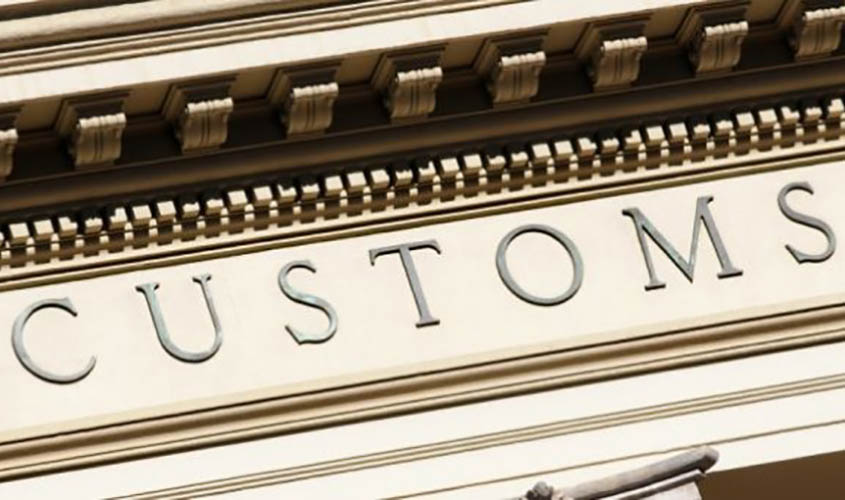Experts say that the hike in customs duties on imports will widen the trade deficit and attract more litigation at the WTO.
The hike in customs duties announced on a range of popular imports in the recently passed Union Budget is a protectionist measure and violates the norms prescribed by the World Trade Organisation (WTO) for international trade, experts have said.
The list of imports affected by the hike in customs duties include geotechnical instruments, mobile phones, toys, watches, footwear, imitation jewellery, as well as certain precious stones, auto parts, and cosmetic items.
According to international trade experts, WTO norms prescribe that all trading partners should try to achieve a reduced duty zone, but in order to protect domestic trade, countries have been levying higher duties on imports.
Atul Jain, an international trade attorney partner who runs the Jain Brothers Law Firm, which has branches in several countries, told The Sunday Guardian: “The hike in customs duties on imports will generate extra revenue for the country, but will attract more litigation in the WTO. Also, the hike in import duties will widen the trade deficit.
As an international trade attorney, I would discard any hike in customs duties meant only for revenue generation. Protection of trade interests is necessary, but levying 10% social development cess is not a responsible step and it will create higher inflation.” Jain added: “The Centre is aware of the fact that the recent hike in customs duties will increase trade litigation abroad and, therefore, the government has increased the budget meant for spending on lawyers to handle litigation in the WTO.”
With rise in protectionism in developed countries, India has increased its allocation for international trade disputes four-fold in the budget presented by the Ministry of Finance in February. A senior official of the Directorate General of Foreign Trade (DGFT) told The Sunday Guardian: “Provisions for expenditure to the tune of Rs 1.2 crore in 2018-19 have been made against Rs 30 lakh a year ago. The provisions of increased funds are mostly for paying lawyers who need to be engaged to represent India’s case at the WTO.”
Developed countries have recently expressed displeasure at India’s decision to hike import duties on high-end mobile phones and other electronic equipment, holding that the move violates India’s commitment under the Information Technology Agreement signed in 1997. However, India has maintained that it cannot be forced to commit for technological innovations that were non-existent while it signed the deal.
Rajat Prakash, international business head of Rashmi International, a leading geotechnical firm, said: “Geotechnical instruments are important for the construction and maintenance of the country’s infrastructure, ranging from dams to nuclear power projects. However, in case of increased import duties, the exchequer’s total budget allotted on these projects will witness a sharp increase up to 17%.” “The duty on geotechnical instruments has been increased to 38% and that has increased the cost of most of the pending infrastructure projects in the country—mainly, government-owned projects are facing the brunt of the hike in duties,” Prakash told The Sunday Guardian.
Although the Centre claims that protectionist measures are needed for promotion of the domestic manufacturing sector and hike in custom duties is a popular tool of intervention in international trade policy, its impact on promoting domestic manufacturing is uncertain unless the domestic infrastructure for manufacturing is improved.
Randhir Singh, professor at the Export Import Management Institute (EIMI), told The Sunday Guardian: “The move is intended to give a fillip to the government’s flagship Make in India programme. However, without substantial improvement in the investment climate, its desired impact is questionable.”
“If we allow imports based on the hiked duties, it will further add to the burden of trade deficit, besides increasing inflation in the country,” Singh added.

